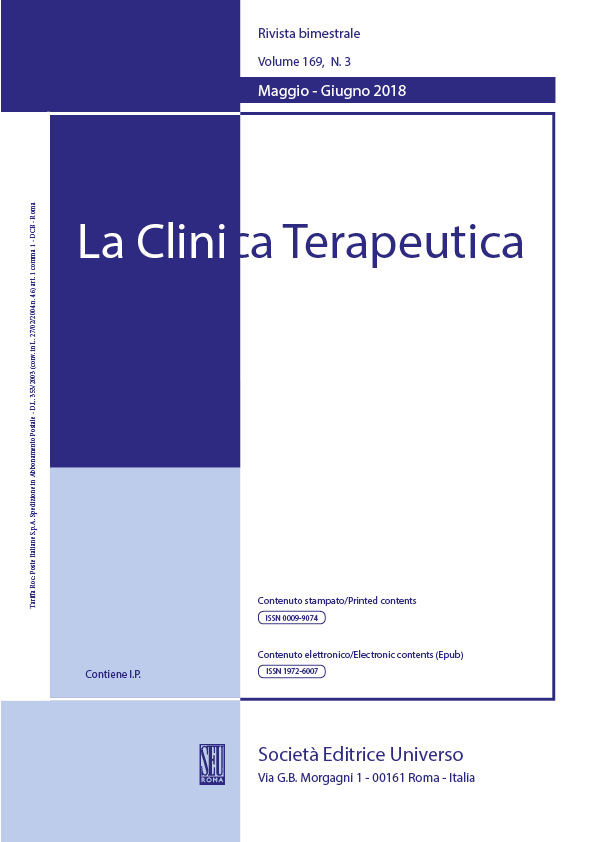Abstract
Introduction
The uncertainty regarding the scientific status of psychiatry arises from psychiatry’s involvement with some unsolved problems, or put in another way, from its enmeshment in certain points of transition of contemporary science. There is, in primis, the unsolved problem of the relationship between the mind and the body and, moreover, the intricate relationship of connection/disjunction among biology, social science, anthropology, philosophy, etc. To speak about what psychopathology can expect from philosophy is, above all, to immerse oneself in a debate about the conditions of possibility of psychiatry as a science. This debate is especially concerned with the models of knowledge that have, until now, been proposed to psychiatry. Those models oscillate between the Dilthey’s paradigms of the “Science of Nature” and the “Science of Spirit”.
Methods
It is certain that psychopathology, as already indicated by Jaspers, is a discipline which is among the most involved regarding the use of the two different cognitive strategies. The first strategy concerns the concept of “explanation” and its rigid approach to the objective and ultimate cause of the phenomenon. The second strategy is the “comprehensive” approach. This model, which the hermeneutic thought defines “interpretative”, theorizes the provisional character, the subjectiveness and the finiteness of every cognitive project.
Results
The interest of the authors is orientated towards the hermeneutic side (comprehensive-interpretative) of psychiatry, that which deals with the specificity of every clinical history, with the continuity of sense, and with intrinsic narrative intelligibility of every human event, psychopathological or not.
Discussion
This approach to psychopathology is based on the statement: “a clinical history is a text which must be interpreted”. From this perspective, every clinical history should be perceived as a text to decipher but, above all, as a “text” to listen to, in the persevering expectation that it could disclose its particular “project of world”. When speaking about psychiatry, we always face a problem which dominates all the others: the unsolved problem of the relationship between typicalness and singularity of subjective events. B.B. Mandelbrot, theorist of “fractals”, sums this dilemma up clearly. He suggests that the innumerable variety of the configurations of Nature is a challenge to investigate the morphology of that which is “irregular” in order to discover in it, as far as possible, a rule.
